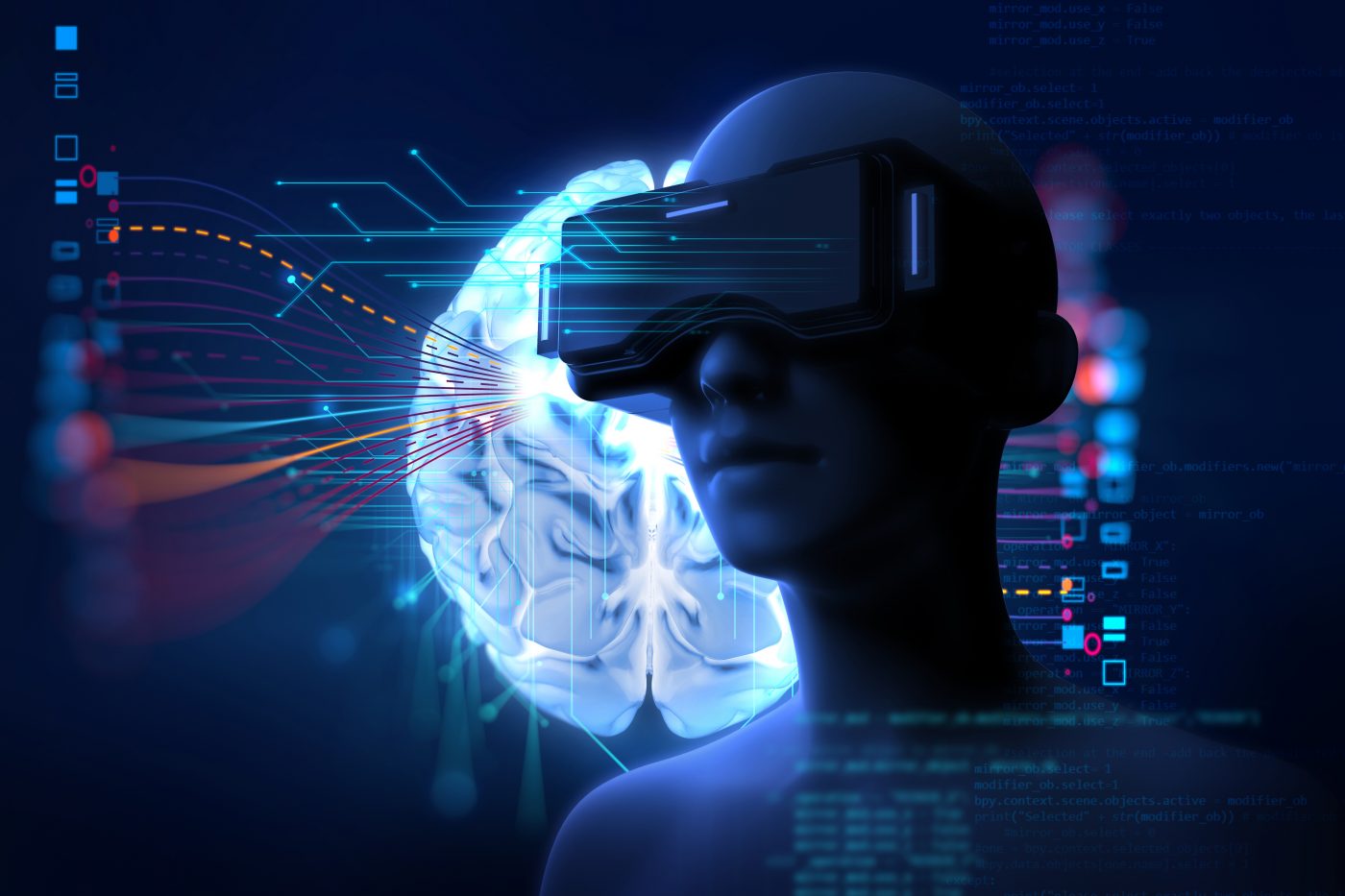
PREPARING TO BE JUDGED: HOW TO PERFORM WITH PERFORMANCE RELATED SOCIAL ANXIETY
To kick off the new year I’m going to examine situations where we are being judged or there is a strong possibility that we will be judged by others. We can call these performance situations. One of the core fears of Social Anxiety Disorder is being judged by other people to varying degrees and levels. We will look at what are key concepts and… Continue reading














